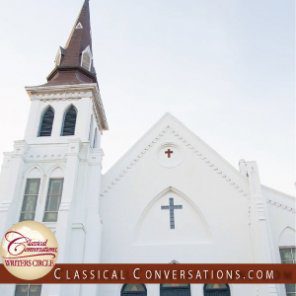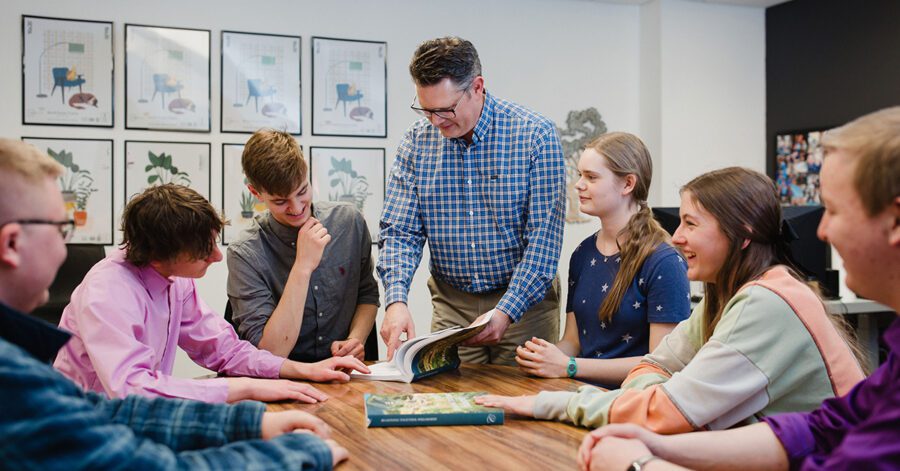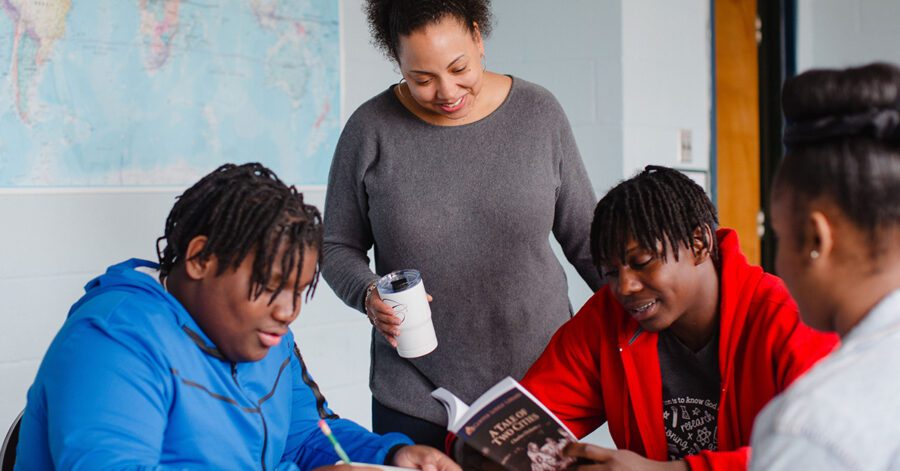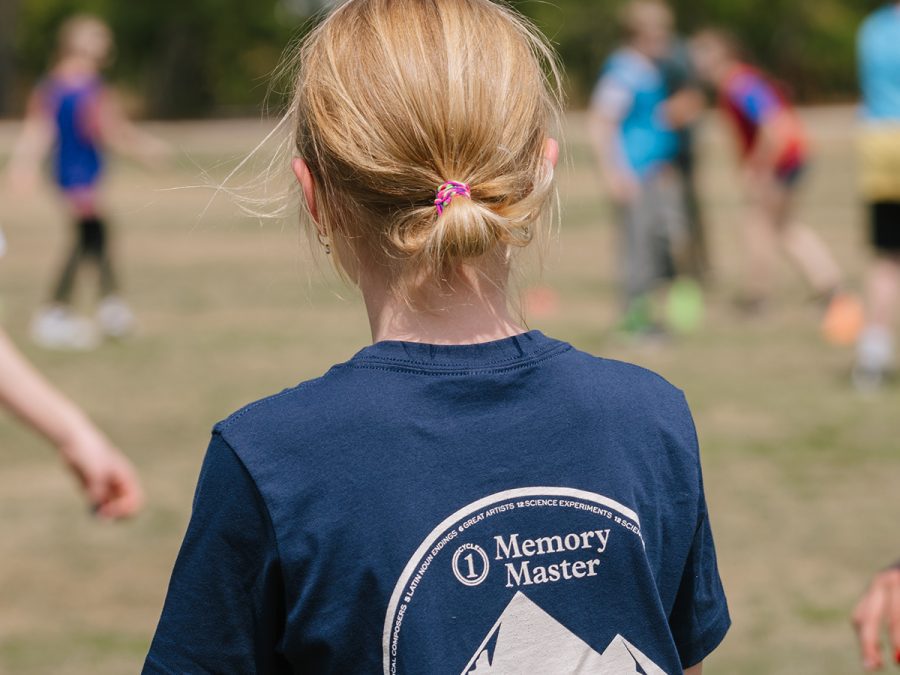Not everyone has the privilege of saying they are from “the friendliest city in America” or “the Holy City of America.” Charleston, South Carolina, is my hometown and where my family roots run deep. It is where I was born, enjoyed summers at the lakes and beaches, graduated from high school, and, as a young, single woman, began a career in law. Without too much exaggeration, I can say that I have walked every square inch of downtown Charleston and not only learned about its history, but experienced it during the decades I spent growing up there.
Last year, I took my Challenge I students to Charleston to cap off our study of American government and I showed them parts of my city that most tourists pay to see. With all of its beauty, history, and charm, Charleston’s roots are also planted in soil that is rich in pain and hardships. There is a quiet divide in the community that lies beneath the rainbow painted houses and cobblestone streets.
On the morning of June 18, 2015, I sat and sobbed at the news of the Emmanuel AME church shooting. I sobbed because the divide in our community has always been a burden on my heart, but now, as they say, “it just got real” and violent. I waited with bated breath to see the reactions that would follow. My tears turned to joy at witnessing the unity, love, and grace exhibited by the community in Charleston. Instead of images of rioting and voices of anger, prayer vigils and voices of forgiveness rang out and the name of Jesus was spoken into all of the news media outlets. Most of all, the families of the victim’s told the man that murdered their friends and family, “We forgive you, we want you to repent, we want you to know Jesus.” The most inspiring comment was, “We enjoyed you.” I had to sit in that moment for a while. “We enjoyed you.”
Community is important to all of us. We want to enjoy the people in our communities, especially those of us in a Classical Conversations community. Quite frequently, I hear people mistakenly say they are part of a CC co-op. Although this is a simple matter of semantics to them, it always causes my spirit to sigh in disappointment. Community implies so much more, something more deeply rooted. The etymology for the word community comes from the Latin communis, which means “shared by all or many,” and communitas, for “community, fellowship, friendly intercourse, courtesy.” Though it is simply defined, in practice it can be difficult to both attain and maintain. Following the Charleston shooting, President Obama quoted Dr. Martin Luther King, Jr. who said we must not be concerned only with the person responsible, but for the ‘system, the way of life, and the philosophy that produced’ him. He was cautioning against making ad hominem arguments when the problem runs much deeper than the person. This is what can make community tricky for us. We come from all walks of life and have various philosophies about parenting, politics, and education, to name just a few. Yet, in order to enjoy fellowship, courtesy, and friendly intercourse we must respond to each other with the love and grace of Jesus Christ. Jesus said that the world would know we are part of His communitas by the way we show our love for each other. This is the biblical example and Charleston is the earthly example carried out. So should it be with our CC communities.
In our Davidson community, we have directors from Foundations through Challenge IV. We are quite the motley crew! There is the take-charge administrator, the ambitious “recovering” engineer (we are still working on her), the mother hen, the wild child always contemplating the universe and changing her hair color (that’s me), the veteran full of wisdom, the calm introvert, the newbie trying to soak it all in, and our Regional Sales Manager who is the glue that holds us all together. Our ideals and personalities clash frequently. We have had to ask forgiveness of each other, resolve serious conflict with each other, cry together, and simply take time away from each other to heal. Likewise, we laugh, learn, encourage, babysit, dog sit, eat, think, plan, sing, dance, and sacrifice as a community. We have to put aside our differences and humble ourselves so that we may live out Christ’s call for us to show the world we are part of His communitas. When we cultivate that community within our leadership, among our families, and between our students, only then can we know Him and make Him known to the communitas at large.




